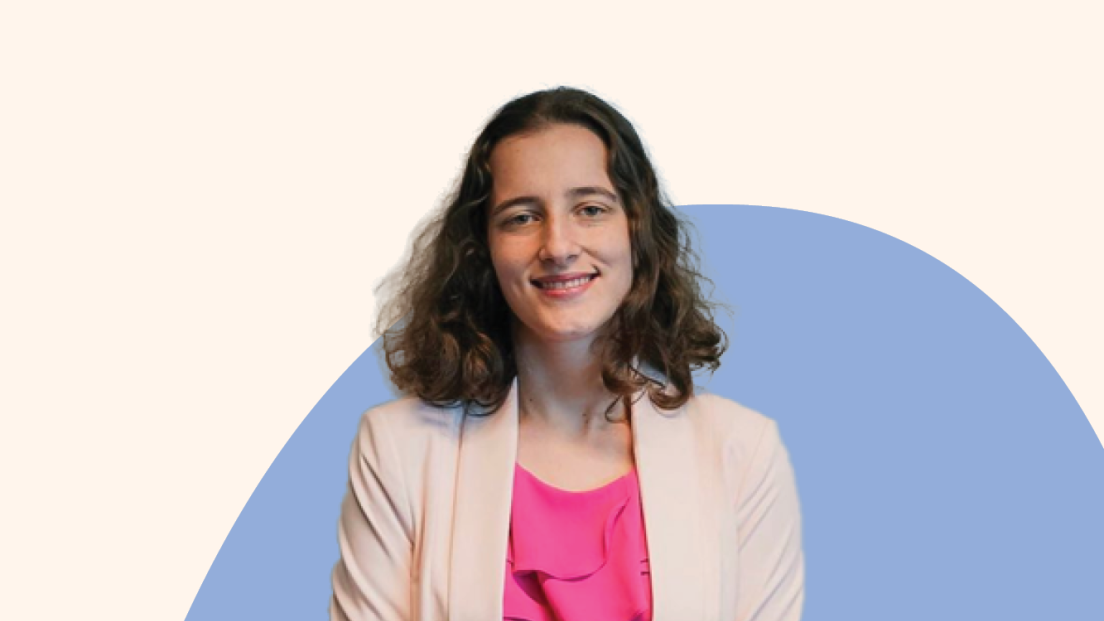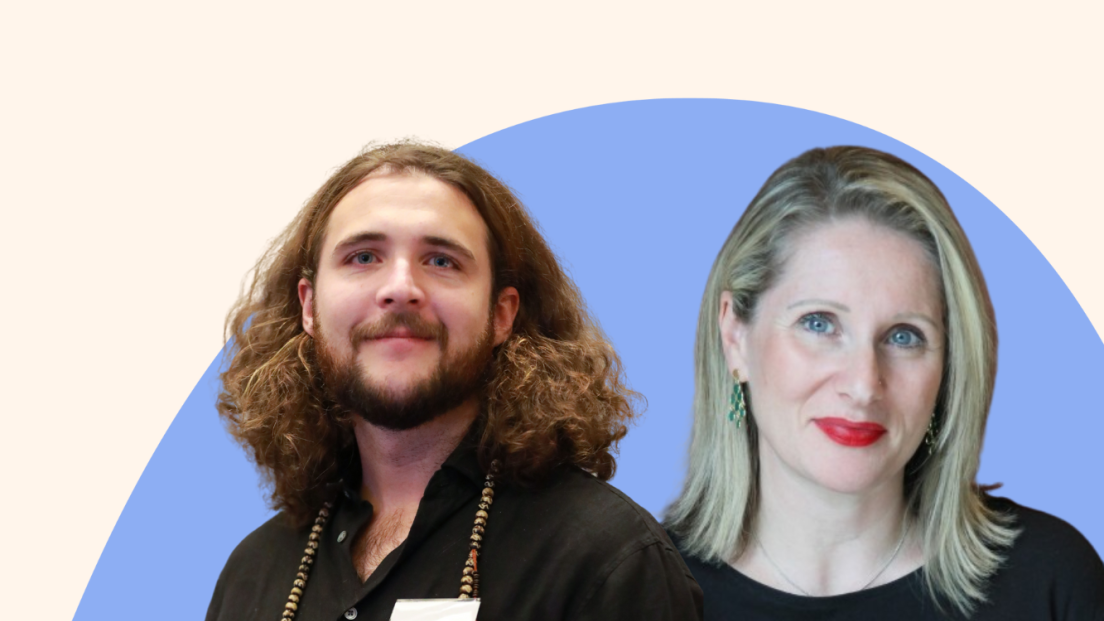This blog is part of a 3 blog internship series by Marketing and Communications Intern Seth Acero.
Growing up as a Mexican-American in San Antonio, I was immersed in a blend of Mexican and US West Coast cultures, thanks to my Mexico City-born father and Portland, Oregon-raised mother. Although supportive of my individuality, my father often struggled with accepting certain aspects of my life, such as my mental health issues and the need for glasses. He viewed these through the lens of his cultural upbringing. In contrast, my mother was nurturing and fully accepting, always encouraging my uniqueness.
My father's initial criticism stemmed from the cultural norms of his upbringing in Mexico, where differences were less accepted. He once told me, "Everyone in Mexico is radical about everything. You are immediately ostracised when you don't fit into those ideas." This insight helped me understand his reactions—it was the culture he grew up in that shaped his perspective.
Cultural influences and autism in society
Understanding the cultural influences behind varying acceptance levels is crucial as visibility becomes an important topic today. My dual cultural experience gave me insight into how different cultures shape visibility. Working with Aspect has illuminated how these cultural differences affect the Autistic community globally.
Culture significantly influences how individuals perceive inclusion and visibility. Societies characterised by conservatism or liberalism shape how people with different backgrounds live within their communities. Countries with diverse and liberal populations, such as the US and Australia, often celebrate neurodiversity, viewing differences as strengths. They provide resources to help individuals integrate into society independently. For example, the Americans with Disabilities Act (ADA) in the U.S. prohibits discrimination against people with disabilities and mandates accessibility. Similarly, in Australia, national policies and legislation, such as the Disability Discrimination Act 1992 and the National Disability Insurance Scheme (NDIS) mandate against discrimination and support inclusion. These efforts have been largely effective, ensuring acceptance for everyone, regardless of their background.
Normative vs deviant
Conversely, some societies often categorise their populations into binary groups: "normative" and "deviant." The normative group exhibits behaviours or traits considered standard within the culture and enjoys full citizenship rights, including access to education, work, and other opportunities. This concept varies from culture to culture, but the basic idea remains: the normative group defines the country and its culture.
Those viewed as different, however, often face significant challenges. Their behaviours and traits are only sometimes accepted, leading to marginalisation. When individuals in this group attempt to integrate into mainstream society, they are often restricted due to their differences and denied the same accessibility as the normative group. They need access to education, employment and societal inclusion.
Case study: Latin America
In Latin America, the low diagnosis rate for autism is not due to its lower prevalence but rather issues related to cost, availability, and recognition of the condition. As a result, Autistic people are often excluded from society. Cultural norms may view autism as a weakness to be ignored, leading to devastating consequences. These individuals become the "deviants" who don't fit the norm.
Mexico provides a poignant example. The Mexican government offers limited social support, and resources for the Autistic community are scarce. There is no equivalent to Australia's NDIS; no government agency provides the necessary benefits for Autistic individuals. Instead, privatised care providers offer services that are often unaffordable for the average Mexican family. Consequently, families must bear the burden of care, creating significant financial stress. In a country where a substantial portion of the population lives in poverty, professional care becomes inaccessible.
Furthermore, educational and employment opportunities for Autistic people in Mexico are severely limited. The heavily privatised school system allows admissions officers to restrict access, deeming Autistic children as "troubling" or "unable to function in a learning environment." Without degrees, work becomes less attainable, forcing Autistic individuals to remain dependent for the rest of their lives. This dependence becomes particularly precarious as primary caretakers age and pass away, leaving Autistic adults with no financial support, no caretakers, no government aid, and no education. They risk being forgotten and pushed out of society entirely.
Promoting acceptance and awareness
Promoting acceptance and awareness of neurodiversity is crucial for creating inclusive societies worldwide. It starts with education. By spreading awareness about autism and other neurodivergent conditions, we can change societal attitudes and reduce the stigma associated with being different. Schools, workplaces, and community centres should implement educational programs that highlight the strengths and capabilities of neurodivergent individuals, emphasising that diversity is a strength.
Advocacy is another powerful tool. This can involve participating in local autism awareness events, engaging with policymakers to push for better support systems, and using social media to disseminate accurate information and share personal stories from Autistic people.
Supporting organisations that make strides in this area is essential. Aspect, for instance, provides resources and support for Autistic individuals and their families, offering access to information in multiple languages, including Vietnamese and Mandarin. Donating to or volunteering with such organisations can make a significant difference.
International cooperation and policy reform
International cooperation and policy reform are key. Countries that successfully implement supportive measures, like the U.S. with the ADA or Australia with DDA, can serve as models. Developing nations can adapt these frameworks to fit their cultural and economic contexts with support from international organisations and NGOs. These entities play a crucial role in providing resources, expertise, and advocacy to ensure that neurodivergent individuals in developing nations are not left behind. By working together, we can create a world where neurodivergent individuals are valued and supported, regardless of where they live.
The visibility and acceptance of neurodiversity vary globally, heavily influenced by cultural norms and societal attitudes. While countries like the US and Australia have made significant strides in celebrating and supporting neurodivergent individuals, many developing nations still face substantial challenges. Cultural stigma, lack of resources, limited awareness, and economic barriers contribute to the marginalisation of Autistic individuals in these regions. Understanding these challenges is crucial to fostering empathy and promoting change.
Understanding the concepts of normative and deviant behaviour helps appreciate the systemic issues leading to the exclusion of neurodivergent individuals. Promoting acceptance and awareness through education, advocacy, and support for organisations in this field are crucial to changing societal attitudes. It's important to remember that change is possible, and our collective advocacy can make a significant difference in the lives of neurodivergent individuals.
Ultimately, the goal is to create a global society where neurodivergent individuals are valued as essential community members, deserving of the same opportunities and support as anyone else. By working together and pushing for change, we can ensure that no one is left invisible or forgotten. This goal of inclusion and support should guide our actions and decisions, inspiring us to work towards a more inclusive world for all.
About the author:
Seth Acero is a Marketing and Communications Major from San Antonio, Texas. He is an English Major and Math Minor at Wabash College, one of three remaining all-male colleges in the United States. Throughout his studies, Seth has used the skills he’s developed to speak out about societal issues such as discrimination, poverty, and inequality. He thoroughly believes in his college’s mission statement, which encourages men to Stand T.A.L.L. (Think critically, Act responsibly, Lead effectively, and Live humanely).
All opinions are his own.



